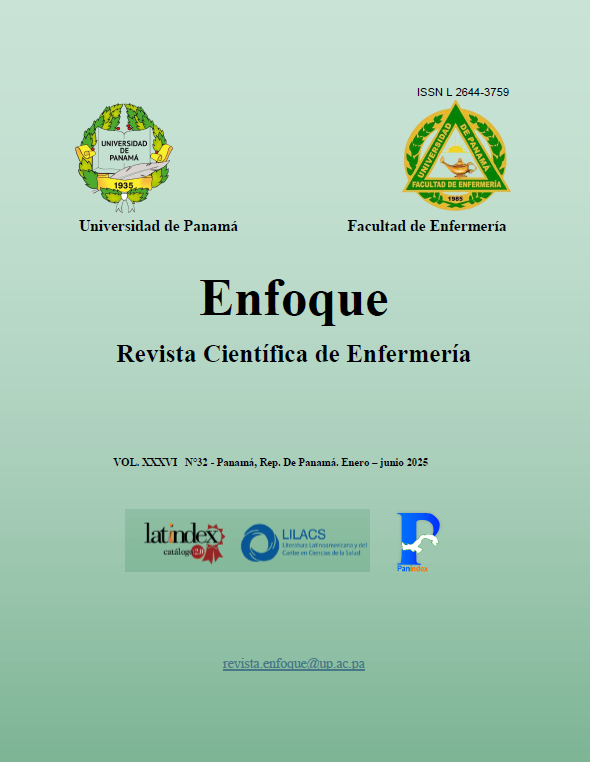

Copyright (c) 2025 Enfoque

This work is licensed under a Creative Commons Attribution-NonCommercial-ShareAlike 4.0 International License.
Introduction: Exposure to tobacco smoke is related to respiratory pathologies in children whose respiratory defenses are not yet fully developed. In Panama, this problem is not well documented. Data from Latin America are reviewed to understand the prevalence and impact of passive smoking in childhood. Methodology: A literature review of seven articles published between 2010 and 2023 in indexed journals such as Scielo, PubMed, and Redalyc was conducted. The review focused on qualitative and descriptive studies related to respiratory diseases in children and their exposure to tobacco smoke at home. Results and discussion: Exposure to smoke in homes with children is high in the region. In El Salvador, more than 1.1 million children suffer from smoking-related respiratory diseases. In Peru, 15% of children under 12 years of age are exposed in their homes. In Cuba and Mexico, exposure increases the risk of symptoms such as coughing and wheezing. Smoking cessation intervention significantly improves child health. Conclusion: Exposure to tobacco smoke remains a high risk for children's respiratory health in Latin America. Strengthening smoking cessation programs and control policies to protect children is recommended. The involvement of health professionals is essential.